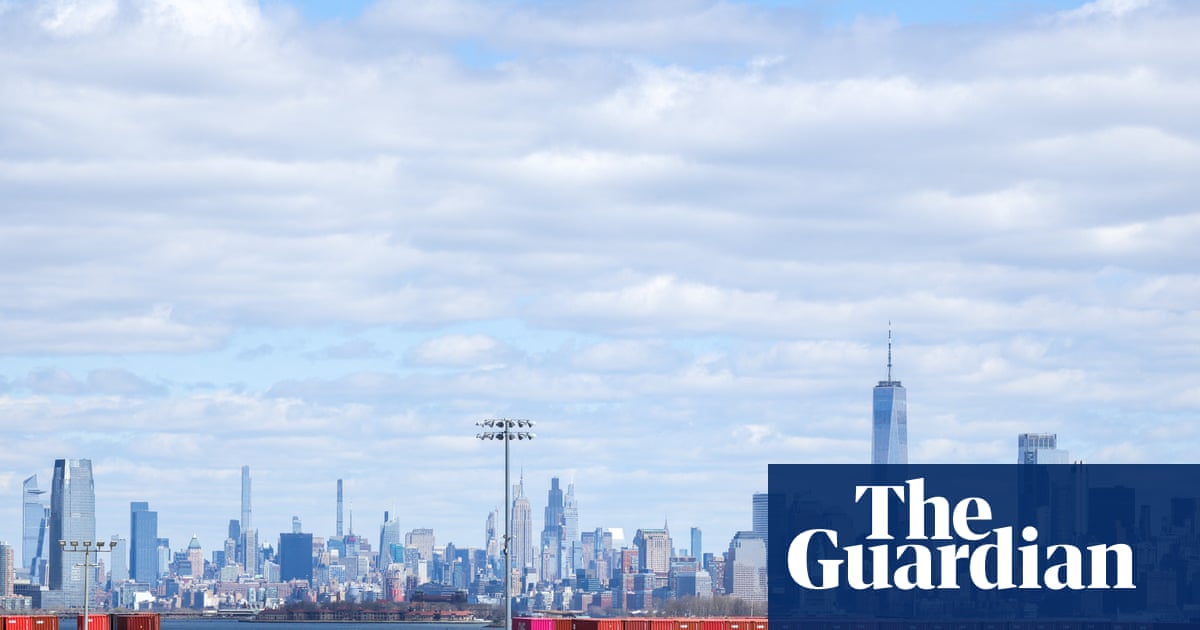Donald Trump has asked the US supreme court to overturn a lower court decision that most of his sweeping trade tariffs were illegal.
The US president filed a petition late on Wednesday to ask for a review of last week’s federal appeals court ruling in Washington DC, which centred on his “liberation day” border taxes introduced on 2 April, which imposed levies of between 10% and 50% on most US imports, sending shock waves through global trade and markets.
The court found in a 7-4 ruling last Friday that Trump had overstepped his presidential powers when he invoked a 1977 law designed to address national emergencies to justify his “reciprocal” tariffs.
The decision was the biggest blow yet to Trump’s tariff policies, but the levies were left in place until 14 October – giving the administration time to ask the supreme court to review the decision.
Trump has now appealed and the supreme court is expected to review the case, although the justices must still agree to do so. The administration asked for that decision to be made by 10 September.
The appeal calls for an accelerated schedule with arguments being heard by 10 November, according to filings seen by Bloomberg. Justices could then rule by the end of the year.
skip past newsletter promotion
Sign up to Business Today
Get set for the working day – we’ll point you to all the business news and analysis you need every morning
Privacy Notice: Newsletters may contain information about charities, online ads, and content funded by outside parties. If you do not have an account, we will create a guest account for you on theguardian.com to send you this newsletter. You can complete full registration at any time. For more information about how we use your data see our Privacy Policy. We use Google reCaptcha to protect our website and the Google Privacy Policy and Terms of Service apply.
after newsletter promotion
The ruling that the tariffs were unlawful upheld a previous decision by the US Court of International Trade.
The federal appeals court said last Friday that US law “bestows significant authority on the president to undertake a number of actions in response to a declared national emergency, but none of these actions explicitly include the power to impose tariffs, duties, or the like, or the power to tax”.
It said many of Trump’s steep tariffs were “unbounded in scope, amount and duration”, the ruling added, and “assert an expansive authority that is beyond the express limitations” of the law his administration has leaned on.
A defeat for Trump’s levies would at least halve the current average US effective tariff rate of 16.3%, and could force the country to pay back tens of billions of dollars, according to Chris Kennedy, an analyst at Bloomberg Economics. It could also derail the preliminary trade deals the president has struck with some countries, including the UK and the European Union.
Tariffs typically need to be approved by Congress, but Trump claimed he has the right to impose tariffs on trading partners under the International Emergency Economic Powers Act, which in some circumstances grants the president authority to regulate or prohibit international transactions during a national emergency.
Earlier this week, the US clothing brand Levi’s said that “rising anti-Americanism as a consequence of the Trump tariffs and governmental policies” could drive British shoppers away from its denim. Other brands, such as Tesla, have also suffered in Europe and in Canada, while protests against US goods have led to a slump in sales of Jack Daniel’s whiskey.
